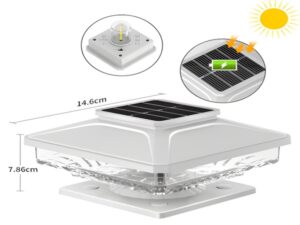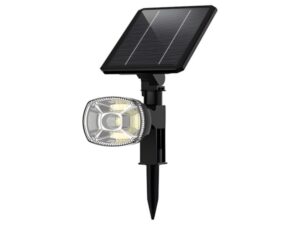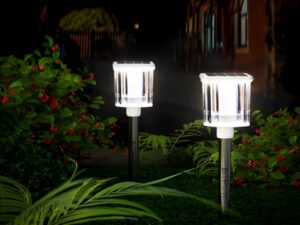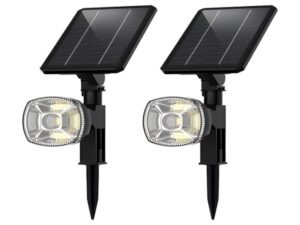

1. Lithium Batteries
The performance of lead-acid batteries is unquestionable. Currently, lithium iron phosphate batteries are quite common. Unlike lead-acid batteries, these do not have a memory effect. After more than 1000 charge and discharge cycles, the storage capacity of the battery can still reach 85%. Compared to lead-acid batteries, lithium batteries have advantages such as lighter weight, larger capacity, and longer usage time.
2. Lead-Acid Batteries
These batteries mainly consist of lead and oxides, with an electrolyte of sulfuric acid solution. When charging a lead-acid battery, the positive and negative main components are lead dioxide, while the negative main component is lead, and the components at the discharge point are lead sulfate. Due to the memory effect of lead-acid batteries, when they are overlapped more than 500 times, the storage capacity of the battery will significantly decrease.
3. Why do Lithium Batteries have More Selections than Lead-Acid Batteries?
1. Lithium batteries are small in size, lightweight, and save time and effort.
Currently, the choice for solar street lights generally involves integrated street lights. If lead-acid battery packs need to be buried around the lamp pole, they must be placed in buried boxes. In contrast, lithium batteries can be hung opposite the solar panel because of their lightweight nature, saving time and labor.
2. Lithium batteries are less polluting than lead-acid batteries and are more environmentally friendly.
As we know, lead-acid batteries have a very short lifespan. Although they are inexpensive, they may need to be replaced annually, significantly increasing environmental pollution. Lead-acid batteries are inherently more polluting than lithium batteries, and frequent replacements continuously harm the environment. Lithium batteries do not cause pollution, while lead-acid batteries are contaminated with heavy metal lead.
3. Smart Lithium Batteries
Lithium batteries are becoming increasingly sophisticated and feature-rich. They can be adjusted according to user demands, usage time, and other factors. Many lithium batteries can be equipped with a Battery Management System (BMS) that allows real-time monitoring of battery status on a mobile app. They can also independently detect the battery’s current and voltage, adjusting automatically in case of abnormalities.
4. Long Usage Time of Lithium Batteries
The annual loss rate of lead-acid batteries is relatively high, often requiring replacement once or twice a year. Lithium batteries have a lifespan of 3 to 5 years, ensuring quality for at least three years. The cycle life of lead-acid batteries is about 300 cycles, while lithium iron phosphate batteries also have a high cycle life.
5. High Safety and No Memory Effect in Lithium Batteries
Lead-acid batteries are susceptible to water damage, while lithium batteries are not. Additionally, lead-acid batteries have a memory effect whereby charging before complete discharge can shorten their lifespan. Lithium batteries do not have this memory effect and can be charged at any time, making them safer and more reliable. Lithium iron phosphate batteries undergo strict safety tests and do not explode even during severe impacts.
6. High Energy Density of Lithium Batteries
Lithium batteries have a high energy storage density, achieving 460 to 600 Wh/kg, which is approximately 6 to 7 times that of lead-acid batteries. This is beneficial for energy storage in solar street lights.
7. Lithium Batteries are More Heat Resistant
Solar street lights are exposed outdoors daily, requiring high-temperature resistance. Lithium iron phosphate batteries can handle peak temperatures of 350 to 500 °C and operate in environments ranging from -20 °C to 60 °C.

8. Pricing and Warranty Period
The mainstream batteries currently available in the market are 48 volts. For replacement, a lead-acid battery costs around 450 yuan with a warranty of 1 year, while a lithium battery costs approximately 1000 yuan but provides a warranty period of 2 years.
Advantages of Solar Lithium Battery Street Lights:
1. Adjustable solar panel brackets maximize light collection.
2. Environmentally friendly.
3. Lithium batteries are easy to install directly beneath the solar panel, which reduces construction costs due to their small size and light weight.
4. Long lifespan, 3 to 5 times that of traditional lead-acid storage batteries.
5. Resistant to high and low temperatures, functioning in environments from -20°C to 60°C; advanced models can operate in -45°C conditions.
Lithium batteries have gained popularity and recognition among customers. Lithium battery solar garden lights have become a growing trend, and the choice of lithium batteries for energy storage in solar street lights will continue to increase.



